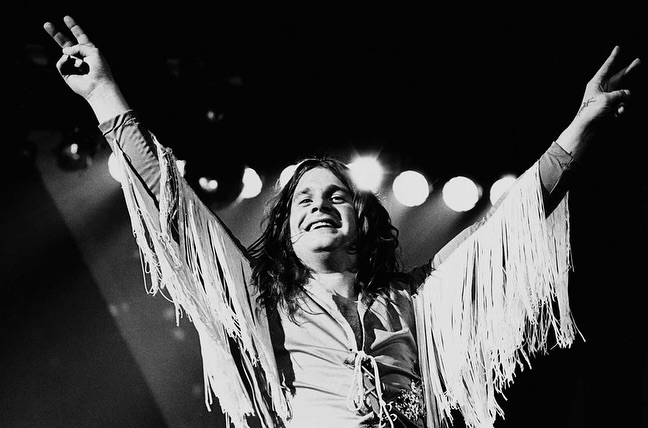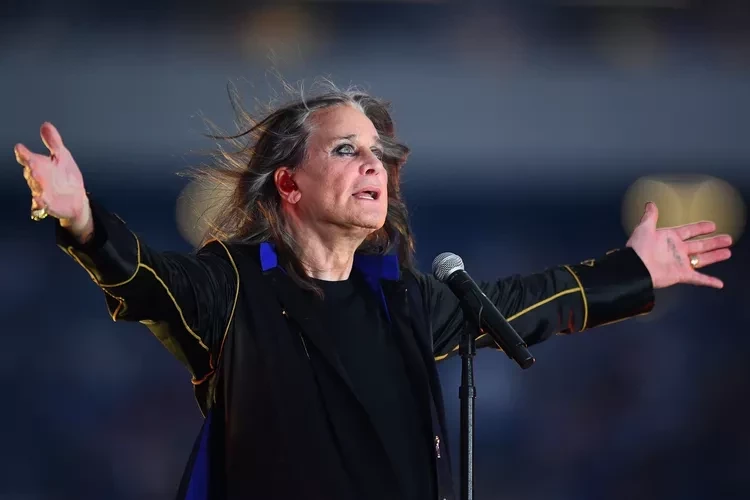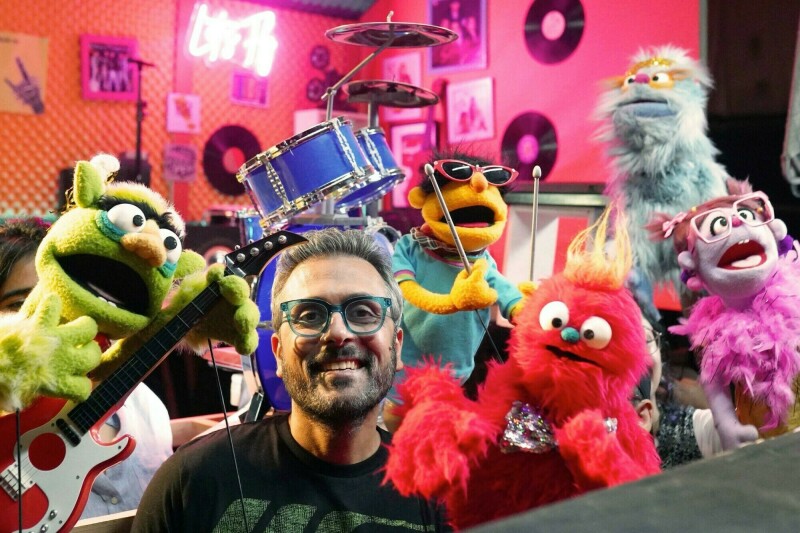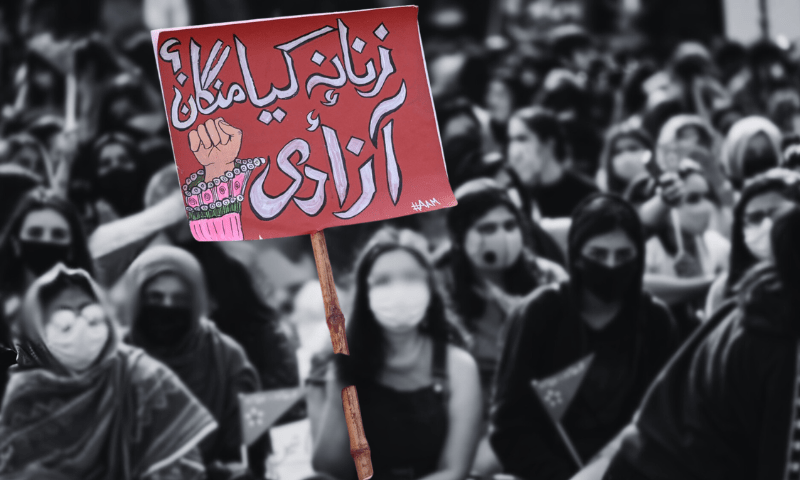What does Lata Mangeshkar have to do with parenting? Everything
What favourite parts of my childhood and youth will I pass on to my seven-year-old daughter? Learning how to strike a pose with addictive Phantom cigarettes, all those early morning glasses of raw eggs in milk before athletics training or the long hot summers playing gilli danda, riding horses, climbing 200-year-old trees, catching fireflies in my palm on May nights and browsing through stacks of French Elle in my uncle’s idyllic Matheran home?
Before all of that, I’ll introduce her to the genius of Lata Mangeshkar, whose voice was a constant for people my age, holding our hands and echoing our feelings as we grew up in independent India.
Mangeshkar was an important presence in the lives of at least two more generations before mine and one generation after. The 1960s were a time before the word soldier was used mockingly on social media and Ae Mere Watan Ke Logon could make the head of state of a new nation cry. The now forgotten romance of national integration in Jawaharlal Nehru’s India was summed up perfectly in her devotional classic Allah Tero Naam from Hum Dono (1961).
We could mark everything that happened in our lives with a Mangeshkar song – and she sang so many that we could each have our own separate playlist. In fact, her songs in just one film could take you through the stages of love. In Pakeezah, for example, she sang of new love (Chalte Chalte), true love (Chalo Dildaar Chalo), longing (Mausam Hai Aashiqaana), loneliness (Tanhai Sunaya Karti Hai), defiance (Teer E Nazar Dekhenge) and disillusionment (Inhi Logon Ne).
You can apply the same principle to all the super hit songs Mangeshkar sang for Barsaat (1949), easily one of the best Hindi film albums.
She sang non-stop for 73 years from 1943 to 2015, but in at least the last decade, she hasn’t sung anything that has added value to her hefty repertoire. There are those who argue the nightingale should have stopped singing in the 1990s. I’m not one of them. I can listen to Tere Liye from Veer Zaara (2004) on loop, I tapped my foot to all eight minutes of Didi Tera Dewar Deewana from Hum Aapke Hain Koun (1994) and I was crazy about Kesariya Balama and all the other songs she sang on the Lekin (1991) soundtrack.
But will post-millennials inherit the legacy of Mangeshkar? Since I began the subliminal messaging when she was an infant, my 2010-born daughter naturally appreciates songs from The Golden Era of Hindi music and after.
I started musical mind control with lullabies when she was one year old. Dheere Se Aaja Ri Akhiyan Mein from Albela (1951) was my favourite and it always managed to put her to sleep. I repurposed Chanda Hai Tu from Aradhana (1969) and it soon became her favourite bedtime song. The best part about last year’s run-of-the-mill Lion was that Mangeshkar’s underrated Aaja Nindiya Aaja from Lorie (1984) made it to the film’s soundtrack.
After the lullabies came the playful songs and nothing could compete with the joy of Ichak Dana, Bichak Dana from Shree 420 (1955), Lara Lappa Lara Lappa from Ek Thi Larki (1949) and Chal Mere Ghode Tik Tik Tik from Chirag Kahan Roshni Kahan (1959). Tongue twister Gapoochi Gapoochi Gum Gum from Trishul (1978) also made my child giggle.
I introduced my daughter to that classic old Hindi film speciality – the ghost song – with Aayega Aanewala from Mahal (1949). Post-millennial or not, no child can resist spooky tales of dead women dressed in white wearing anklets, long mysterious shadows, old portraits with hidden stories staring down from the walls, striking clocks and quivering chandeliers. Try it next Halloween.
Besides, this song has so many great stories woven in it. To up its eerie, coming-from-the-distance quotient, Mangeshkar stood in a corner of the room with the mike in the centre, began singing the first stanza, then walked slowly to the mike to sing the refrain. In Haunting Bollywood: Gender, Genre, and the Supernatural in Hindi Commercial Cinema, Meheli Sen references how this song “provided a kind of myth of origin for her identity as a playback star.” Sen quotes Neepa Majumdar recounting how the song was originally released with the name of the narrative character, Kamini, as its singer but after thousands of requests poured in to mention the name of the actual singer while playing the song, Mangeshkar’s name began to be announced on the radio.
As my daughter grows older, she’ll find that Mangeshkar has multiple songs for every emotion she will ever feel and every stage of life she will ever pass through. My favourite songs about childhood are still the ones from the two soundtracks my father listened to repeatedly – Bachpan Ke Din Bhulana Dena from Deedar (1951) and Bachpan Ki Mohabbat Ko from Baiju Bawra (1952).
I was introduced to the joy of listening to Mangeshkar through the Sunday feature film on Doordarshan and via the transistor radio. The singer didn’t have the same luck with the radio though, she tells Nasreen Munni Kabir in Lata Mangeshkar…In Her Own Voice. The first time she bought a radio when she was 18 and switched it on, she heard devastating news. KL Saigal had died. She went back to the store and returned the radio.
Mangeshkar has so many brilliant songs that it’s impossible to write down one’s top 20 though the internet is full of such lists, all equally unsatisfactory. Instead, here’s another anecdote from Kabir’s book that illustrates how work was always worship for Mangeshkar. She never wears shoes when she sings. Singing is like praying, she says. She even took off her shoes at the chilly Royal Albert Hall when she was performing there in 1974 and went on stage in socks. “You will die of cold,” said Dilip Kumar, who was introducing Mangeshkar. She laughed – and sang for hours.
I’ll consider my job done if I can introduce my daughter to a teeny part of Mangeshkar’s wide repertoire. I’m confident that if I manage to do that, she’ll make her own playlist.
This article was originally published on Scroll and has been reproduced with permission.













Comments